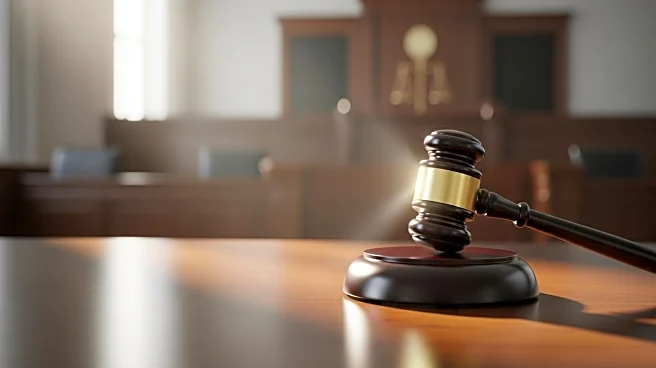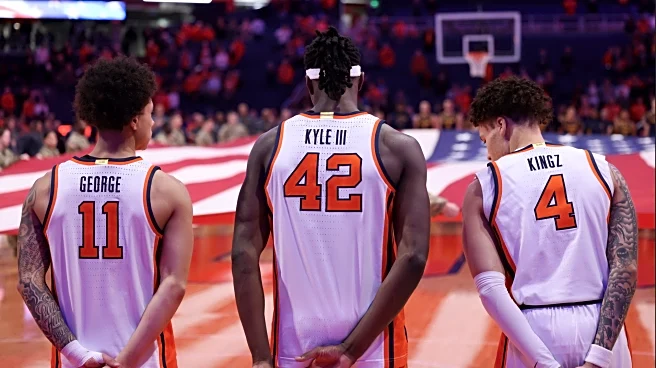What's Happening?
The Supreme Court has declined to review an appeal from Alex Jones, the founder of Infowars, who was ordered to pay $1.4 billion in damages to families affected by the 2012 Sandy Hook Elementary School shooting. Jones had falsely claimed that the shooting was a hoax, leading to a defamation lawsuit by the families. The court did not provide a reason for its decision, which leaves the lower court's ruling intact. This decision follows a Connecticut jury's award of $965 million in damages and an additional $473 million in punitive damages against Jones.
Why It's Important?
The Supreme Court's decision is significant as it upholds a substantial financial penalty against a media figure for spreading false information. This ruling reinforces the accountability of media personalities and organizations in cases of defamation, particularly when their actions cause harm to victims and their families. The decision may deter similar false claims and conspiracy theories, impacting how media figures approach sensitive topics. It also highlights the legal system's role in addressing misinformation and protecting victims' rights.
What's Next?
With the Supreme Court's rejection of the appeal, Alex Jones is expected to comply with the financial judgment. The families involved in the lawsuit may proceed with efforts to collect the awarded damages. This case could influence future defamation lawsuits and the legal strategies of media defendants facing similar accusations. Additionally, the decision may prompt discussions on the balance between free speech and accountability in media.
Beyond the Headlines
The case raises broader questions about the ethical responsibilities of media figures and the impact of misinformation on public discourse. It underscores the potential consequences of spreading false narratives and the importance of fact-checking in journalism. The ruling may lead to increased scrutiny of media content and the platforms that disseminate it, potentially affecting regulatory policies.










